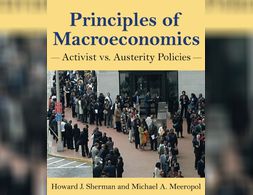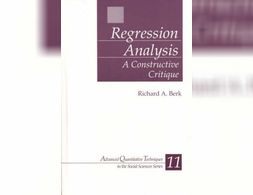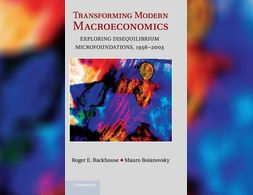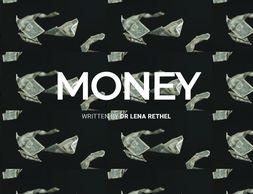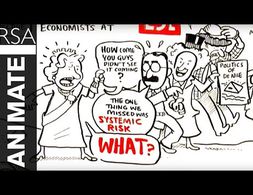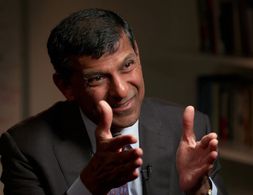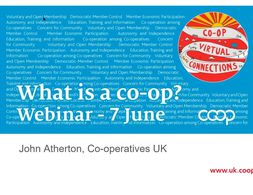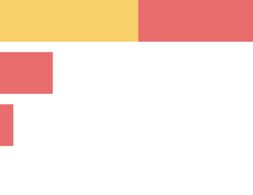✕
1141 results
In this series of webinars, several researchers face different topics related to Degrowth. Money, health, Green New Deal, Anarchism, and many more.
Tetteh Hormeku-Ajei, member of the Post-Colonialisms Today Working Group, provides insight on the history of primary commodity export dependence in Africa, and relates it to the difficulties African governments are facing finding necessary resources to tackle the COVID-19 pandemic.
In this interview Ilya Matveev discusses the social, political, economic, and ideological foundations of the Russian regime, to provide additional context about Russia’s geopolitical goals.
In this teaching pack, we look at the acquisition of Twitter by Elon Musk. In particular, we focus on what it means to take a company private and how the deal was financed.
Understanding the American stock market boom and bust of the 1920s is vital for formulating policies to combat the potentially deleterious effects of busts on the economy.
Principles of Macroeconomics by Howard J. Sherman and Michael A. Meeropol differs from other texts in that this book stresses far more the inherent instability of the macro-economy.
Regression Analysis: A Constructive Critique identifies a wide variety of problems with regression analysis as it is commonly used and then provides a number of ways in which practice could be improved.
In this teaching pack, we look at the acquisition of Twitter by Elon Musk. In particular, we focus on what it means to take a company private and how the deal was financed.
A Heterodox Approach to Economic Analysis This important new book introduces students to the fundamental ideas of heterodox economics presented in a clear and accessible way by top heterodox scholars It offers not only a critique of the dominant approach to economics but also a positive and constructive alternative Students …
Financial Evolution at the Speed of Thought A new evolutionary explanation of markets and investor behaviorHalf of all Americans have money in the stock market yet economists can t agree on whether investors and markets are rational and efficient as modern financial theory assumes or irrational and inefficient as behavioral …
Anwar Shaikh explores alternative economic explanations, emphasizing 'real competition' theory and the role of imperfections in economic patterns.
Prof. Robert Guttmann looks at the current transformation of the international world order through the lenses of global money and finance.
This Blog Post describes the U.S. federal reserve money system from the perspective of the Modern Monetary Theory (MMT). Therefore it presents a theory of money creation, gives simple examples how this influences the economy and the historical process of why the monetary system of the US has developed this way.
In this article, Tetteh Hormeku-Ajei and Camden Goetz discuss the ongoing impacts of colonialism on Africa’s natural resources.
This book makes the case that economies are complex systems and in response to this, develops a unique dynamic nonequilibrium process analysis of macroeconomics.
This book tells the story of the search for disequilibrium micro-foundations for macroeconomic theory, from the disequilibrium theories of Patinkin, Clower and Leijonhufvud to recent dynamic stochastic general equilibrium models with imperfect competition.
The new online platform ‚DIY Macroeconomic Model Simulation‘ provides an open-source code repository and online script for macroeconomic model simulation. It follows a “do-it-yourself” (DIY) approach, empowering users to numerically simulate key macroeconomic models on their own using the programming language R.
This dossier gives an overview of the functions and the nature of money. The concept of Islamic finance is briefly explored, too.
A concise introduction to Marx's Labour Theory of Value, the three ratios and the falling rate of profit hypothesis.
David Harvey illustrates the five most common narratives on why the financial and economic crisis took place – from human frailty to policy failure.
Donald Trump won in 2016 largely because enough voters in three states, all in the Rustbelt, which had voted for Barack Obama in both 2008 and 2012, switched their electoral votes from Democratic to Republican.
In this video, Rajan Raghuram highlights ‘A hereditary Meritocracy’. He identifies the “limitations” with the current economic systems of democracy and markets.
This video explains what a co-operative is, discussing the different types, their history and purposes, before moving on to discuss the current state of the co-operative movement.
In this roundtable conversation, Post-Colonialisms Today members, Omar Ghannam, Kareem Megahed and Tetteh Hormeku-Ajei, look to policies from early post-independence Africa to tackle issues exacerbated by the COVID- 19 pandemic.
In this article, Hannah Ritchie presents the data we need to understand the scale of their contribution, and which countries are most reliant on Ukraine for their food supplies.
How did the rich countries really become rich? In this provocative study, Ha-Joon Chang examines the great pressure on developing countries from the developed world to adopt certain 'good policies' and 'good institutions', seen today as necessary for economic development.
The Commentary explains the circular value chain and innovation potential along it. Focusing on Israel, examples on how cross-industry collaboration can help supporting a successful positioning in a (Digital) Circular Economy are presented.
This multimedia dossier explores the production chain of smartphones. In particular due to the violation of workers' rights and low payments, the author Benjamin Selwyn calls those production structures global poverty chains. In this context, he points to the importance of workers' struggles.
In this interview, Elizabeth Currid-Halkett presents her view on how "the leisure class has been replaced by a new elite, and how their consumer habits affect us all".
In this episode of Jacobin radio, James K. Galbraith elaborates on the economic policies for the corona crisis, and Aaron Benanav on the crisis of unemployment. James K Galbraith also discusses why the economy as currently organized has been unable to deal with the challenges of the pandemic.
The likely global impacts of the economic fallout from the Coronavirus and how we might be better prepared than the 2008 economic crisis to put forward progressive solutions.
As part of a larger series on Just Transitions, the author describes how the current corona crisis comes with new economic policy responses which would have been considered unthinkable only a year ago. Arguing that with the current high levels of confidence in politicians and scientific advice, combined with the realisation that the market has not been able to solve this problem on its own, we are now in a unique position to implement a radically different solution than was politically possible previously.
We use cookies on our website. Click on Accept to help us to make Exploring Economics constantly better!






